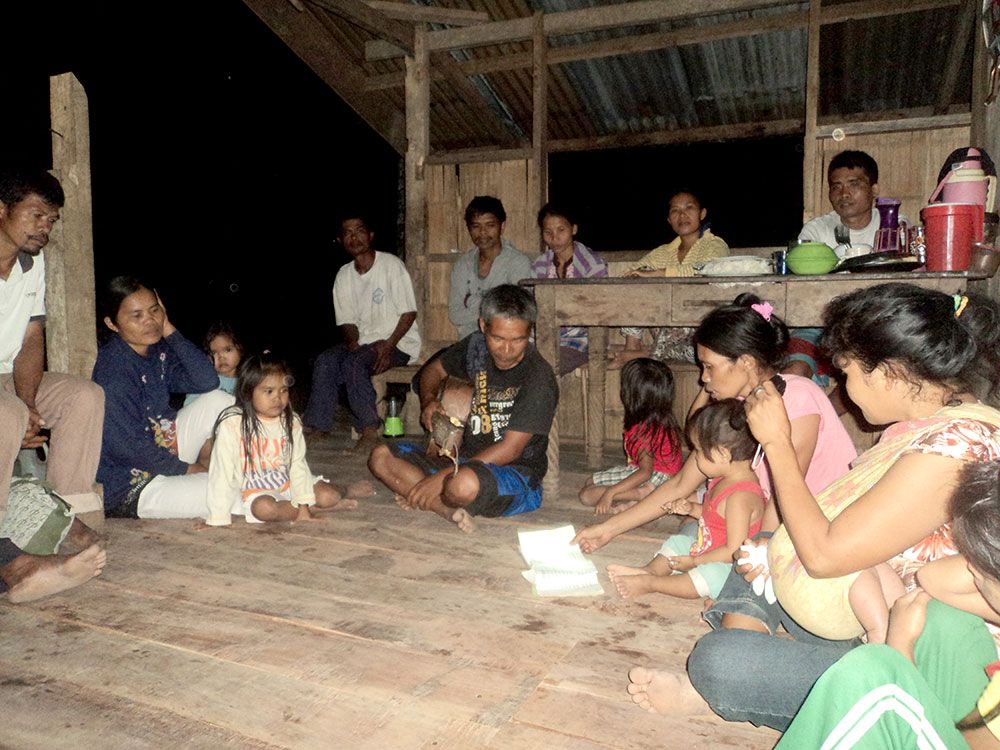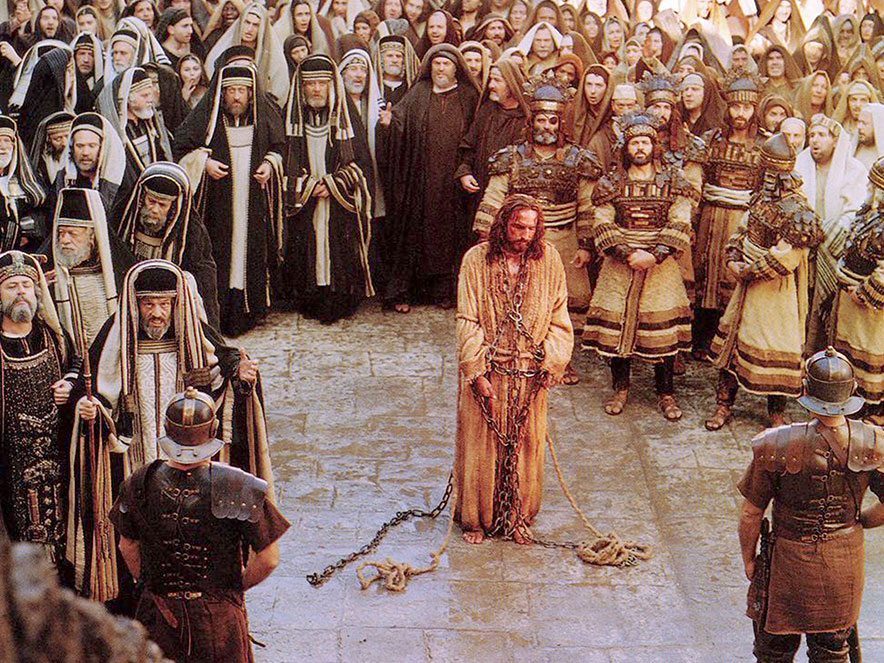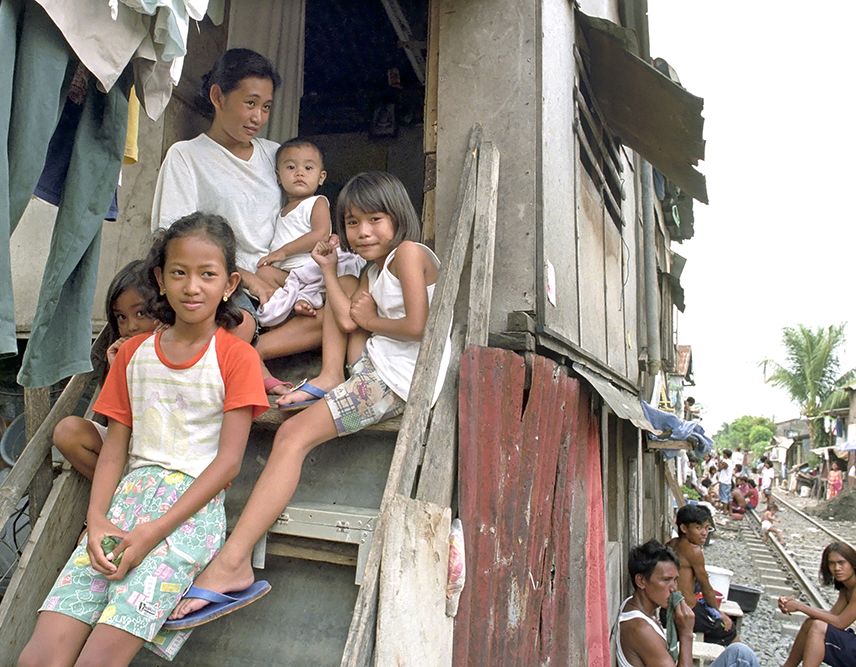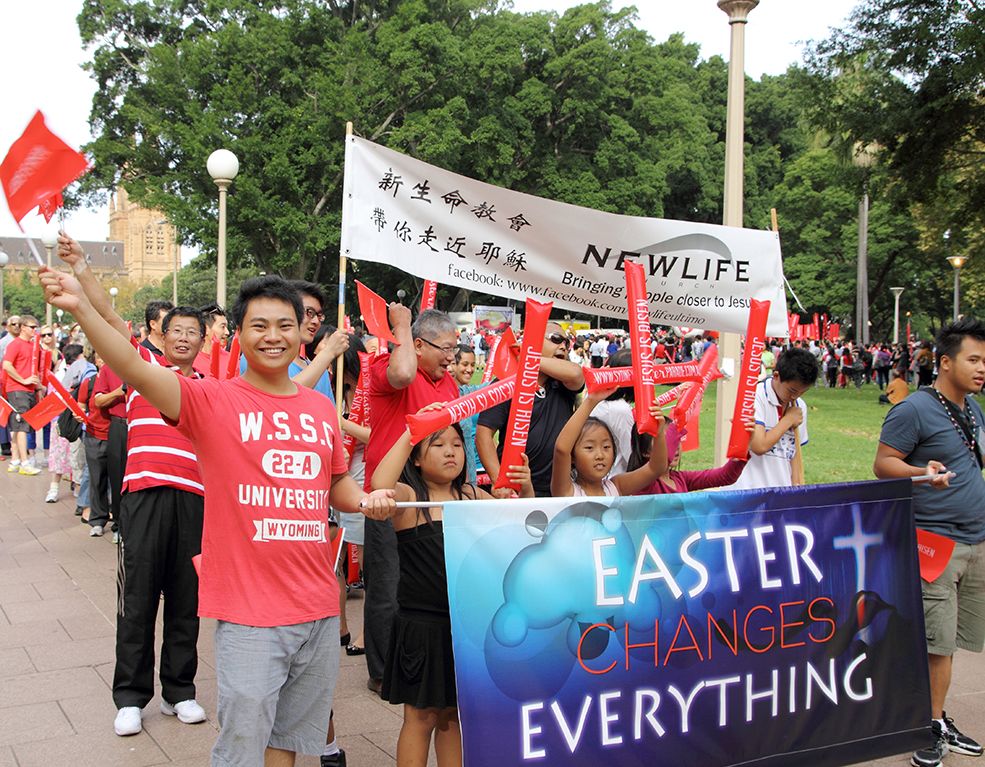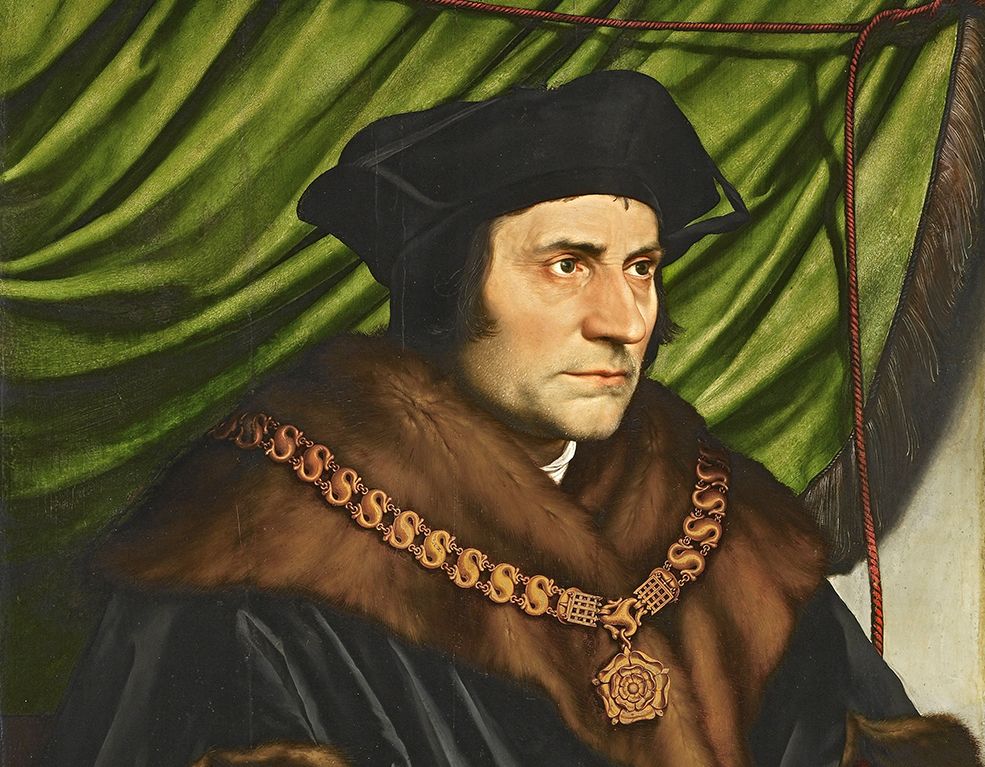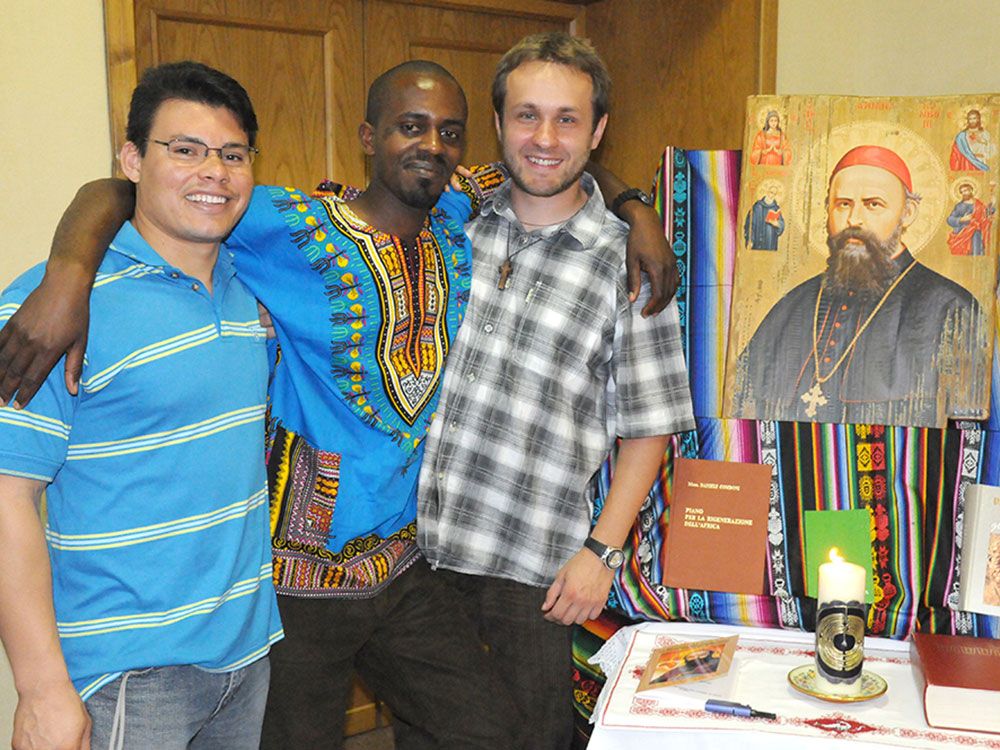If we look back over the past election campaign, we may wonder how the many parties and politicians will match up in the future. For example, in the 2016 presidential race, who will be friends and who will be opponents? In politics, alliances have a very brief life – sometimes they don’t even last out the first campaign. There are few permanent friends, only issues and egos. Two bodies, however, in this political world are destined to stay together: the Church and the poor.
The poor echo the Gospel’s demands for life’s basic goods, namely, food, water, housing and security, which the Church has insisted upon over the centuries. The poor have these basic issues, which reflect the hopes of the majority of the country’s people, but they lack the means to get their candidates elected. The Church, on the other hand, is able to influence elections in a profound way. In a study made by the Ateneo de Manila, (The Vote of the Poor, 2005), it was found that, in rural areas especially, families and the Church (including other Churches and mosques) have the most influence on people’s choices of candidate, even more than that of the media. The Church, however, appears to many to have only one strongly held issue or demand, that is, opposition to the RH Bill. At the risk of oversimplifying matters, it can be said the Church has influence, but lacks issues.
Church and Poor Need Each Other. The Church (limited here to bishops, priests and religious) and the poor are a political tandem made in heaven. The poor have the numbers and primordial issues; the Church has the electoral influence. They are, however, more than political partners, who work together for political reasons. The Philippine Church decided, at its Second Plenary Synod in 1991, that it must become the Church of the poor if it is to fulfill God’s plans for it. On the other hand, the poor need the Church’s continuing support to survive economically and socially in an unequal society. There is nowhere else where the poor receive consistently a warm welcome. The poor need the Church for more than material matters, however. They need the spiritual strength of the Church: its understanding of mercy, love, forgiveness, self-denial, acceptance of others, solidarity, justice and peace. All the virtues that are needed to turn “hearts of stone” into “hearts of flesh,” as Pope Benedict XVI tells us in Caritas in Veritate, No. 79).
The Poor, Reform and the Church. The likely success of a Church-poor political coalition is hinted at in a stickem that appeared during the campaign: “In democracies, reform comes from the ballots of the poor.” The stickem summarizes the experience of many countries that have seen their poor move from squalor to a decent level of comfort, once they have learned to vote in a disciplined, organized way. When the poor vote wisely and as one, the reform begins. Then there are programs of social security, protection of free unions and other building blocks of a just and egalitarian society. The poor are 60%-70% of the total population. The urban poor alone are 23% of the total population according to UN Habitat. They have the numbers.
The poor are the only sector of society that is truly satisfied with very basic reforms, and a society where all people are treated equally whether they are rich or poor, educated or not. Other sectors already have these advantages. The poor alone are happy to be equal. Other interest groups want some advantage over their fellow citizens.
The stickem is also saying that when the poor vote in an organized and disciplined way, life will change for the better in the Philippines. If someone seeks justice, therefore, they should work with the poor. Since the Church seeks the just society described in the Encyclicals, it should work with the poor. They are its natural ally.
What to Do? The first step forward is for the poor and the Church to realize they need each other and are each other’s salvation. Then the Church must spend more time with the poor. During the Martial Law days, there were always Church people at meetings and marches of the poor. Now it is unusual to see them at meetings. At several meetings of 300 or more urban poor leaders in late 2009 to select a candidate, there were no Church people present. The poor declared at one meeting they wanted an honest candidate. At another meeting, they chose Noynoy Aquino. During the months the poor people actually campaigned, no Church people assisted them. This is a clear loss for the poor as well as the Church. They must realize they need one another.
This absence of Church people is not unique to meetings of the urban poor. The same can be said of work with farmers, workers and other poor groups. Of the three main sectors of the poor, farmers probably receive the greatest amount of Church concern.
Many non-governmental organizations, people’s organizations and other bodies took part in partisan politics for the first time during the last election. Previously, the NGOs and the poor avoided politics because they feared the results would be divisive. As a result, the poor were left on their own in the election frenzy. They have come to realize, however, that it is impossible to bring about substantial change in cities without political power. The mayors have so much power that nothing substantial can be done if the mayor doesn’t, at least, tolerate it. The poor must be able to influence the mayors. This requires politics.
The absence of NGOs and poor groups from elections made it much easier for the traditional politicians to win. They regularly took little notice of the poor because they knew that, at election time, they could get their votes by giving money to the leaders, bags of rice to the area and airy promises all around. Politics was an elite matter with just a bare hint of democracy every three years at election time. After Election Day, some well-known politicians are known to have changed their telephone numbers.
It is no wonder that elections have failed the poor. By contrast, in Naga City, Cebu City and some other municipalities, the poor and the mayors have reached a mutually beneficial agreement: the people vote for the mayor (up to 90% of the poor sometimes) and the mayor, in return, gives the poor a share in government power. The lives of the poor have improved and the cities are more prosperous.
The Campaign. The stories of the different NGOs and people’s groups that began to do partisan political work in the past campaign haven’t been written yet. This is the story of one such effort, that of the NGO Urban Poor Associates and the 27 people’s organizations it works with. The story will hopefully help us understand how Church and the poor can cooperate.
In early 2008, the people of Baseco’s people’s organization, Kabalikat, invited Senators Mar Roxas and Noynoy Aquino to visit their area. The campaign was already underway, though not yet officially. Mar Roxas was then the candidate. The people liked the two young senators. They were polite; they listened to the people’s problems, and were shocked at their poor living conditions. Roxas found, for example, that the people paid P6 for a 20 liter container of water. He had no idea people paid so much. The two politicians met for several hours with the leaders. The senators returned several times and visited other areas, such as, Parola and, on Christmas Day 2008, they provided lunch for hundreds of people in Ulingan dumpsite, which probably has the most inhumane living conditions in Manila. Roxas’ son said, “Papa, it looks like hell.” Roxas said, “It does, but the people aren’t sinners.”
In those days, the campaigning was more leisurely. There was time for the senators to sit down and talk to people. They had time to arrange benefits for the areas, a bigasan (rice booth) or help with the water supply. The people felt the senators knew their problems and cared about them, which are the goals of good campaigning.
The urban poor and the two senators agreed to have a covenant that would be worked out by both sides. It took a long time to finish; there were countless revisions, arguments, corrections. In the end, it was announced at an urban poor rally in the Del Pan Sports Complex. Some 5,000-7,500 people packed the gym. The noise was so loud that when Lolita Carbon sang “Bayan Ko” the building literally shook. This was the first presidential rally ever managed by poor people.
PHILSSA and Urban Poor Alliance and other NGOs were also involved in the formation of the covenant. Thousands of copies were distributed.
Regular Campaign. The UPA group obtained a consultant from Quezon City Hall, who designed a campaign strategy similar to the one he was working with in Quezon City. The UPA group took polls, set up chapters, revisited and validated voters. It was able to get funding from friends for its work. At the high point of the campaign, UPA had 600 field volunteers: who were given travel and lunch money. They concentrated in 32 areas with a total population of 600,000 voters. In all, the volunteers talked face to face with 97,000 people. In meetings, they met a similar amount of people over the length of the campaign. They gave out 80,000 pieces of literature plus wrist bands, umbrellas, t-shirts, etc.
The result of this work was often disappointing. Joseph Estrada and Jejomar Binay won in most of the areas where UPA had concentrated. Experts say it is very difficult to beat Estrada in urban poor areas, since he has a special appeal for the people. Also, they point out, Noynoy and Mar weren’t able to return to the areas where they had campaigned in 2008-09. There hasn’t been a thorough evaluation yet, but the ability of the poor to mount a large operation of their own was evident, even if the results are mixed.
Church and Poor on the Campaign Trail. There were no connections between the UPA-related campaigning and the Church. People felt the bishops were cold to Noynoy, so they didn’t approach them for meetings or help with the campaign. The priests in the urban poor areas went about their regular work and didn’t seem to take part in the campaign in any special way. The Church was more a bystander in the recent campaign than a major actor, though it provided the bulk of Election Day monitors at the polls and ran a separate count of the votes. The Church didn’t stand out as a champion of the poor, for example by demanding programs for food, medicine, land tenure security, good schools, etc. It wasn’t easily identifiable as the Church of the poor.
What Can Happen in the Future? In the future, the Church will hopefully look into the connaturality of its working with the poor. The unusual word is a translation of a Latin word that means two things are similar in their innermost beings. The issues of the poor are the issues of the Gospel and the Social Encyclicals. The Church will be its true self when it is the Church of the poor. The poor will come closer to God’s plan if they have the justice of reform and the spiritual strength of the Church.
How Church Might Have Helped? Many believe the Church should not campaign for a candidate. When the Church does select someone, the Church becomes suspect in its teaching. The Church becomes just another spokesperson.
There are things the Church can do. The Church can help educate the poor on the implications of the solutions they are proposing. Help the poor to include in their analysis an examination of the virtues mentioned above such as forgiveness and solidarity. They can explain the social teaching of the Church.
Again, it should be stated that there is no desire among the poor groups that took part in the campaign for the Church to have a candidate or even campaign alongside the poor. They would like the Church to support the issues of the poor such as light, water, better schools and clinics, jobs, pensions for the aged and infirm, etc. The poor would be content if the Church would talk about the duty of Christians to help the poor and to look on them as brothers and sisters with compassion. They would like the Church to criticize those candidates who make light of the poor or neglect them.
The Church should allow the poor campaigners to meet in the Church since they probably cannot afford other venues. The poor want the priests, Sisters and bishops to visit them to talk about their problems, including the problems created in the political work. They would like the priests to say Mass for them; not for their candidate but for them, the poor.
The Church wants a more humane and hopeful country for all which is exactly what the poor want. Helping the poor campaign will help bring about that country. That is the lesson of history. Further, by working with the poor toward a political solution of social problems, the Church becomes more and more the Church of the poor and realizes its own destiny.
Finally, the Church can help the poor understand the implication of what they ask for, that is, how they affect the common good. The Church can help the poor understand the country’s needs for forgiveness and mercy and the true meaning of solidarity.


